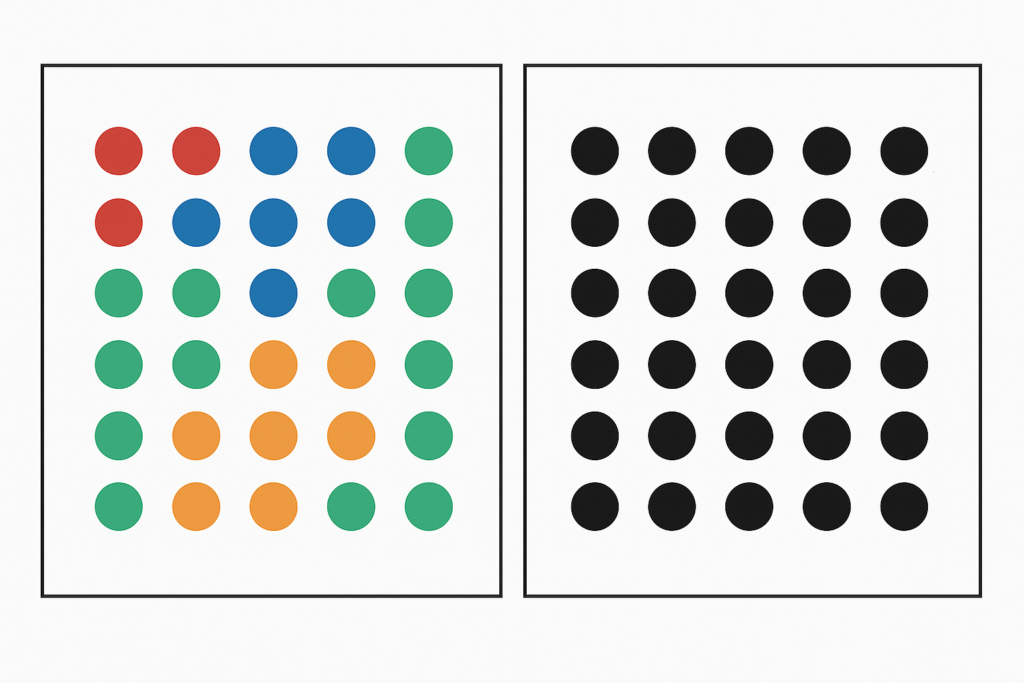
As of 1 October 2025, the EPO permits the electronic filing and processing of drawings in color and grayscale. This change, set out in the Decision of the President (OJ EPO 2025, A49) and the accompanying Notice (OJ EPO 2025, A57), represents a departure from the long‑standing requirement that drawings be submitted exclusively in black and white line form. The new framework provides applicants with greater flexibility in the preparation of visual disclosures, particularly in areas where colour conveys technical information that cannot readily be expressed through conventional monochrome illustrations.
The EPO processes the color drawings throughout the Office’s internal workflows. This includes their extraction and preparation for deposit with the WIPO Digital Access Service. Practitioners should be aware, however, that downstream Offices may apply their own technical constraints when retrieving documents via WIPO DAS. Where an accessing Office does not yet support the processing of colour drawings, it may convert such documents to black and white as part of its intake procedure.
Applicants relying on color to convey essential technical content are therefore advised to consider whether jurisdictions of interest can accommodate such material without loss of information.
